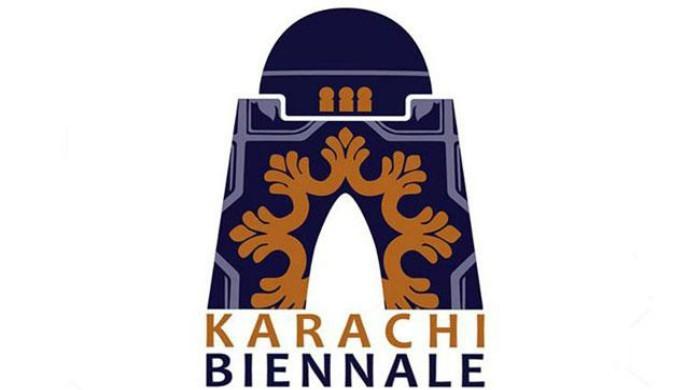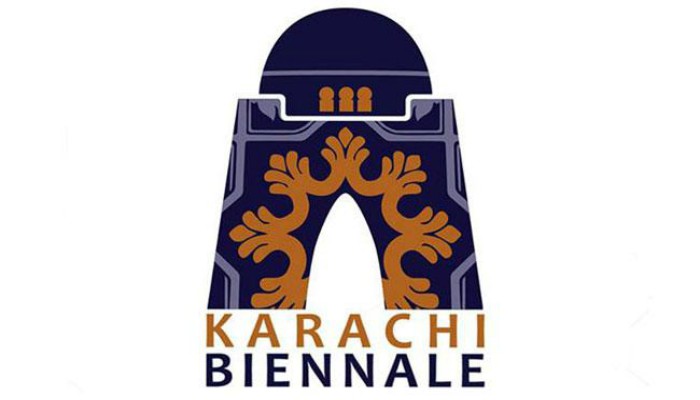

It's unusual for a single-screen cinema house advertising the latest foreign hit on boards outside to screen a documentary film based on its own history. But, on Monday afternoon, Capri – one of Karachi's oldest cinemas – did just that.
As part of the ongoing Karachi Biennale 2017 (KB17), a two-week-long contemporary art festival, Capri Cinema was opened to the public for an hour to screen Canadian filmmaker Althea Thauberger's experimental documentary film 'Pagal, Pagal, Pagal, Pagal Filmy Dunya'.
The film not only delves into the iconic cinema's history but also features fictional scenes by incorporating actors who were either staff members or moviegoers who often visited the theatre. It also portrays the relationship of workers with the cinema especially during the turbulent times when it was set on fire by an angry mob in 2012.
Althea's work is known for its experimental nature and is often featured in art galleries. However, for this project she chose the silver screen as a medium. "In this case, the film is a documentary because it is about Capri Cinema and the converging communities associated with it namely the staff members and the patrons," she said in her pre-screening talk.
The Canadian artist's fascination with Karachi began four years ago when she first visited Karachi. This year, she is visiting as a participating artist on invitation from Zarmine Shah, a KB17 curator, since Althea's previous work had centered on sites and their relationship with a city.
She explained that she developed an architectural interest in the Capri Cinema building when Aziz Khattak, the cinema's general manager, gave her a tour. When several movie theatres in the city were shut down in 2012 in the wake of protestors torching cinemas in Saddar during a rally against a foreign-made anti-Islam movie, Althea said she saw Capri as an icon which has survived the difficult time and is still thriving.
"I see the cinema as a reflection of the city at large," she said. "People from all walks of life come together and there are very few places remaining which can give such ambience." She also lauded the cinema owners for welcoming her project with an open mind and expressing their commitment to keeping the cinema accessible to the public.
According to Momin Zafar, the co-director, the project held significance for him because he was working directly with the people to whom the existence of cinema really mattered. The film gave an opportunity to many people to perform for the first time in their lives and it also helped them identify with themselves as well as the city, he said.
"I think it's really important to engage with the city and its people. These are the ways to create new dialogues," Zafar added. Zehra Nawab, another co-director, echoed similar views, saying that the film was a tribute to Capri Cinema which has watched the city grow and unfold.
"It's the only single-screen cinema of its kind right now. We wanted to show that and celebrate it in an experimental-art film," Zehra said. Incidentally, as soon as the screening ended, the regular cinema patrons piled in to watch the foreign movie scheduled for the afternoon. Perhaps implying that art cannot actually be taken to the people if it is not promoted to them in a way they can relate to. Another screening of the documentary is scheduled for November 2.
This was originally published in The News.
No comments:
Post a Comment